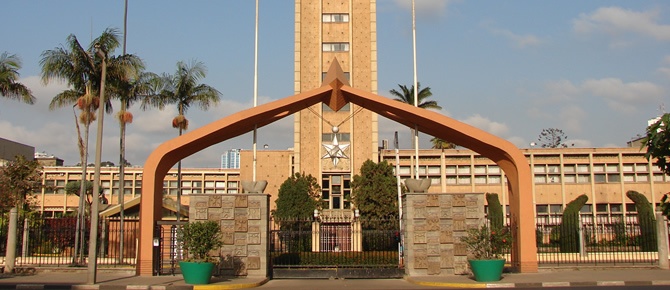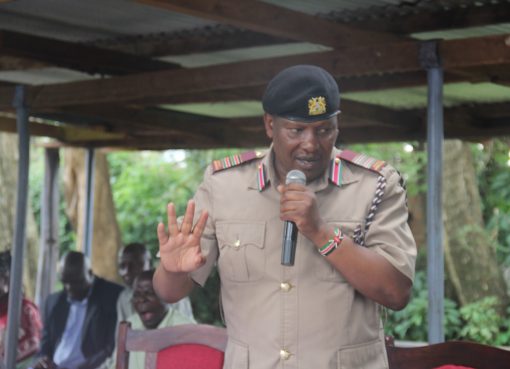The multisectoral Working Group on the two-thirds principle has urged Parliament to urgently implement the two-thirds gender rule to help increase women’s involvement in governance and decision-making, which will further better policies that are mindful of their plight.
The Working Group has further expressed optimism that the current Parliament will break through the impasse on the two-thirds gender rule before its term ends in 2027.
A member of the task force, Mr. Franklin Mukhwanja, indicated that Parliament now had political will from the highest office in the land after President William Ruto wrote a memo to the August House urging legislators to hasten legislation to affect the two-thirds gender rule and ensure that no gender was underrepresented.
Mr. Mukhwanja said two-thirds of gender rule is not about women but a human rights issue.
Speaking at the Rift Valley Regional Commissioner’s plenary hall in Nakuru after the working group collected views on the two-thirds principle from members of the public, Mr. Mukhwanja stated that the implementation of the two-thirds gender rule could not be ignored since the Supreme Court had already pronounced that Parliament had failed to honour the constitutional procedure, adding that Parliament needs to enact a clear and precise law on the gender rule as it has the political will to fully implement it to avoid breaching the constitutional provision.
The working group is mandated to draft a legislative proposal for consideration by the 13th Parliament on the implementation of the two-thirds gender principle.
Mr. Mukhwanja reminded the stakeholders present at the forum that their engagement with the process will not end with the submission of the final report and pledged that the team will use its individual, institutional, and professional influence to lobby key institutions that will be instrumental during the parliamentary process.
“Remember that we represent broad collective and representative interests, so let us all hold ourselves to account and ensure full consultation and collaborative commitment to the process,” Mr. Mukhwanja urged.
The group, he said, will also explore ways of working with MPs to ensure a suitable framework for ensuring the gender rule is passed in the House.
He revealed that there would be more active engagements with political parties to ensure that they take it upon themselves to achieve one-third women’s representation within their ranks.
“How political parties manage their nominations remains a key factor in getting more women into political office,” added Mr. Mukhwanja.
He called on stakeholders to make recommendations that uphold the Constitution and promote gender equality and women’s empowerment, saying that President Ruto was committed to ensuring that women’s empowerment and leadership were priorities of his administration.
The team includes a chairperson, Gender Principal Secretary Veronica Nduva, and a co-chairperson, Daisy Amdany.
Other members comprise Harriet Chiggai, Faith Nziku Kasiva, Anne Nderitu, Tecla Tum, Angela Wambugu, Mercy Jelimo, Beatrice Kamau, Rahab Muhia, Mitchelle Oyuga, Lucy Mitei, Sarah Muhoya, Ruth Makuthu, Beth Michoma, and Stellah Chepkemboi Ruttoh.
Article 27(8) of the Constitution that establishes the principle requires that “not more than two-thirds of the members of elective or appointive bodies shall be of the same gender.”
Currently, Kenya ranks lowest in gender representation in East Africa, with women constituting only 9.8 per cent and 20.7 per cent of the 10th and 11th Parliaments, respectively.
By Esther Mwangi





